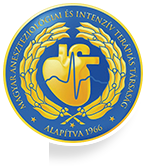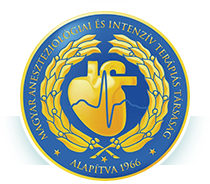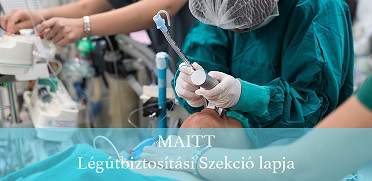Webinar on COVID-19 5th Episode: Sedation, Fluids and Transfusion, Haemostasis and Thrombosis
Date: Tuesday, 26 May 2020
Time: 18:00 – 19.00 CEST (17.00 – 18.00 BST)
Meet our Scientific Faculty
Scientific Faculty Leader and
Scientific Support 
Prof. Dr Marcelo Gama de Abreu
Department of Anesthesiology and Intensive Care
University Hospital Carl Gustav Carus, Technische Universität Dresden, Germany | Host  Prof. Dr Ilona Bobek
Department of Anaesthesiology and Intensive Care Medicine, Budapest, Hungary |
Speaker 
Prof. Vincent Bonhomme
University Department of Anesthesia and Intensive Care Medicine,
CHR Citadelle and CHU Liege, Liege, Belgium | Speaker 
Prof. Thomas Scheeren
Department of Anesthesiology, University Medical Center Groningen, the Netherlands |
| Speaker  Prof. Marc Samama
Department of Anaesthesiology & Intensive Care,
Cochin University Hospital, France | |
Target Audience:
All caregivers involved in anaesthesia, intensive care and critical emergency medicine, including physicians and non-physicians
Key points of this webinar:
- Monitoring of sedation and pain relief
- Fluid and transfusion management
- Haemostasis, thrombosis and anticoagulation
Learning Objectives:
This webinar will enable caregivers of patients with COVID-19 to:
- Choose appropriate sedation techniques and monitoring
- Conduct and monitor fluid and transfusion on an individual basis and according to pathophysiological particularities
- Describe disease-specific implications for haemostasis and thrombosis, and apply differentiated algorithms for phophylaxis and treatment
Practical skills to be acquired after attending this Webinar:
The user can:
- Conduct most appropriate sedation techniques in this population
- Guide fluid and transfusion therapy that is tailored to individual needs
- Diagnose and manage the hypercoagulable status
Affective skills acquired after attending to this Webinar:
The user is aware of:
- Objective and safe handling in this population
- Unique needs of COVID-19
- Expert recommendations based on pathophysiological rationales and clinical experience









